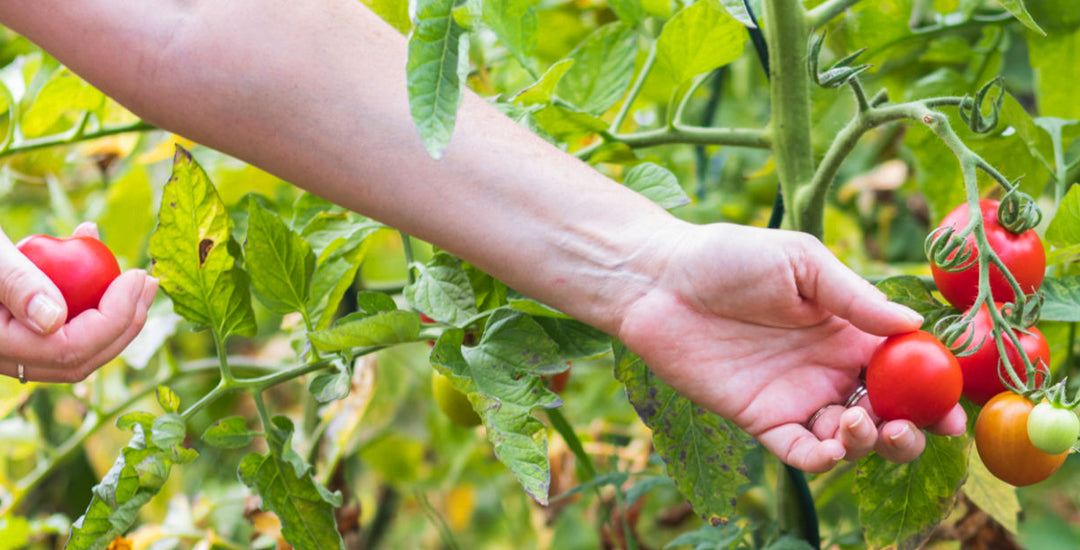
Mar 23 , 2023
Organic Gardening: A Sustainable and Healthy Approach
Organic gardening is a sustainable and healthy approach to gardening that relies on natural processes and techniques to grow plants. It is a method of gardening that avoids the use of synthetic chemicals, pesticides, and fertilizers, and instead focuses on building soil health, supporting biodiversity, and using natural methods to control pests and diseases. In this blog, we will explore what organic gardening is, why it is important, and how you can get started.
What is Organic Gardening?
Organic gardening is a method of gardening that is based on natural processes and techniques. It involves building healthy soil through the use of compost and other organic matter, planting a diversity of crops to support biodiversity, and using natural methods to control pests and diseases.
Organic gardening is based on the principles of sustainability and eco-friendliness. It focuses on reducing the use of synthetic chemicals and fertilizers, which can harm the environment and pose health risks to humans and wildlife. Instead, organic gardening relies on natural methods to promote healthy plant growth and soil health.
Why is Organic Gardening Important?
Organic gardening is important for several reasons. First, it is a sustainable and eco-friendly approach to gardening that reduces the use of synthetic chemicals and fertilizers, which can harm the environment and pose health risks to humans and wildlife. By using natural methods to control pests and diseases and building soil health, organic gardening supports a healthy and diverse ecosystem.
Second, organic gardening promotes healthy eating habits. By growing your own organic vegetables, fruits, and herbs, you can ensure that you are consuming fresh, healthy, and nutrient-dense food. Organic produce is free from harmful chemicals and pesticides, which can have negative health effects on humans.
Third, organic gardening can be a fun and rewarding hobby. It allows you to connect with nature, learn about gardening techniques, and create a beautiful and productive garden space.
Getting Started with Organic Gardening
Getting started with organic gardening is easy. The first step is to assess your garden and identify areas where you can make improvements. For example, you may want to improve soil health by adding compost or other organic matter, plant a diversity of crops to support biodiversity, and use natural methods to control pests and diseases.
When selecting plants, choose varieties that are well-suited to your local climate and soil conditions. Consider using companion planting, which involves planting different crops together to support each other's growth and deter pests.
To promote soil health, use organic fertilizers, such as compost or worm castings, instead of synthetic fertilizers. You can also use natural pest control methods, such as companion planting, crop rotation, and physical barriers, to control pests and diseases.
Conclusion
Organic gardening is a sustainable and healthy approach to gardening that relies on natural processes and techniques to grow plants. It promotes healthy eating habits, supports a diverse ecosystem, and can be a fun and rewarding hobby. By building soil health, planting a diversity of crops, and using natural methods to control pests and diseases, you can create a beautiful and productive garden space that is both eco-friendly and sustainable. So why not get started with organic gardening today and make a positive impact on the environment?
